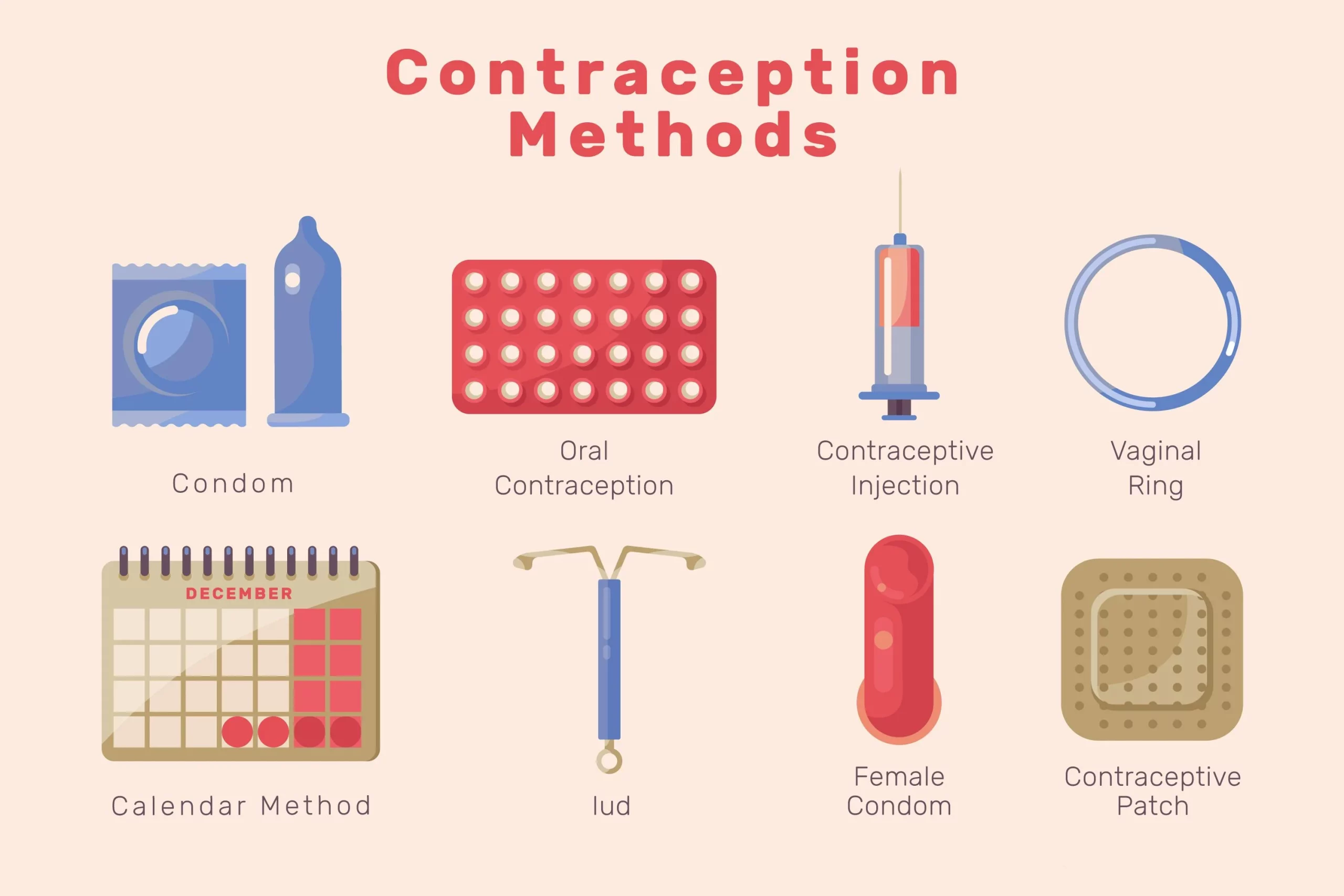Choosing the right birth control method is an important step in managing your reproductive health. With various safe and medically approved methods of birth control available, it’s essential to understand which option best fits your lifestyle, health condition, and family planning goals.
This guide explains the most common types of birth control recommended by doctors, along with their benefits, effectiveness, and considerations.
Why Birth Control Matters
Birth control is more than just preventing pregnancy. Many methods also help regulate menstrual cycles, reduce period pain, improve acne, and even lower the risk of certain cancers. Selecting the right option allows women to take control of their health and make informed choices about their future.Types of Birth Control (Doctor-Certified)
1. Hormonal Methods
These work by altering hormone levels to stop ovulation, thicken cervical mucus, and prevent pregnancy.- Birth control pills: Taken daily at the same time.
- Patches: Worn on the skin and changed weekly.
- Injections: Administered every 3 months by a healthcare provider.
- Vaginal rings: Inserted into the vagina and replaced monthly.
- Implants: A small rod placed under the skin, effective for up to 3 years.
2. Barrier Methods
These prevent sperm from reaching the egg.- Condoms (male and female): Also provide protection against sexually transmitted infections (STIs).
- Diaphragms and cervical caps: Used with spermicide, inserted before intercourse.
3. Intrauterine Devices (IUDs)
A small T-shaped device placed inside the uterus by a gynecologist.- Hormonal IUDs: Release progesterone, effective for 3–6 years.
- Copper IUDs: Non-hormonal option, effective for up to 10 years.
4. Permanent Methods
For those who are certain they do not want more children.- Tubal ligation (female sterilization): Blocks or seals fallopian tubes.
- Vasectomy (male sterilization): Prevents sperm from mixing with semen.
Choosing the Right Method for You
When comparing different methods of birth control, consider:- Do you want short-term or long-term protection?
- Are you comfortable with hormonal options?
- Do you want protection against STIs?
- What are your future family planning goals?

